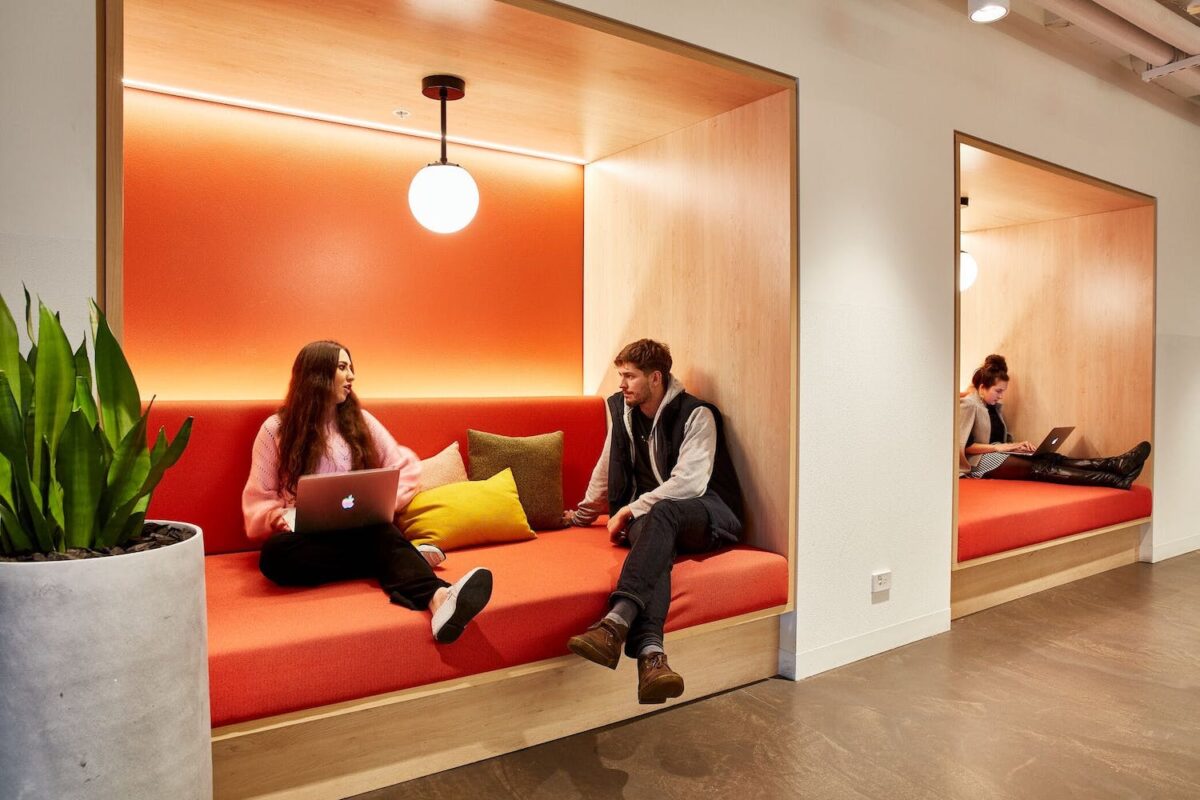For many, it’s been a bit of an adjustment returning to ‘business as usual’ after spending so long working from home.
On the one hand, it’s been nice to just roll straight out of bed into a Zoom meeting (we’ve all done it). On the other hand, many Australian professionals have found that this erosion of our work-life boundaries has seriously impacted not only our productivity but also our mental health.
Now, data has emerged that as we’re returning to our offices and grappling with all the upheaval of the last two years, our priorities and expectations around workplace conditions have changed dramatically – especially when it comes to mental health and work-life balance.
A recent survey conducted by leading Australian employment marketplace SEEK has revealed that while around 63% of respondents now feel it is extremely important to maintain work-life boundaries, only around 56% of employers actually consider the importance of work-life boundaries. More pertinently, while 60% of respondents believe it is their employer’s responsibility to support their mental health, 24% say they have no mental health support at work. Other insights include that only:
- 56% of those surveyed have regular workload reviews at work
- 55% have flexible and remote working arrangements.
- 43% encourage employees to switch off computers/work phones at the end of the day and
- 35% reinforce the benefit of getting outside for exercise.

SEEK’s data suggests that there’s a big gap between what Aussie employees increasingly expect when it comes to employers approaching mental health / work-life balance issues in the workplace, and what employers are actually offering or discussing.
We spoke with SEEK’s Resident Psychologist Sabina Read about this data, as well as about what steps employers should take to try and address this growing ‘expectation gap’. Her take?
“Well-meaning employers often make sweeping, and even generous, offerings assuming they equate with balance in meaningful ways for their people.”
“However, workforces are not comprised of one homogenous collective, but rather individuals who often have a wisdom and knowing for what helps them perform (and live) at their best.”
“There is no substitute for fostering trust and cultivating opportunities to listen. Some employers are fearful to ask what their staff need most in case they can’t deliver, however, avoiding dialogue won’t dial down employees’ unmet needs and it negates the agency that employees can bring as problem solvers.”
“At the end of the day, both employers and employees are responsible for creating innovative and sustainable work-life boundaries that work.” In short: both employees and employers just need to talk.
RELATED: Time To Take ‘Burnout’ Seriously, Says Australian Mental Health Expert

While the last two years have been a wake-up call for many of us when it comes to work-life boundaries and balance, some of these concerns are hardly revelatory, says Read – but there have also been positive revelations to have come out of the WFH revolution.
“The idea of finding [that] ‘perfect’ and yet often-elusive work-life balance has been bandied around for years. It assumes the desire and possibility to strike a harmonious balance between the personal and professional domains of life,” she says.
“During the last 18 months, the impact of the pandemic has blurred the lines between work and home… [But] many of us have also reconnected with ourselves and discovered new ways of thinking, feeling, and doing. We’ve learned that working remotely can have many benefits; that flexibility can fuel productivity, and that there’s joy and relief in slowing down and creating space to just be.”
RELATED: ‘More Energy & Better Decisions’: Simple Yet Genius Life Hack You Need To Know
“The reality is that work-life balance is a personal construct rather than a universal destination. If work-life balance is our goal, then work-life boundaries are the road map. We can define better boundaries when we are in tune with our needs, values, and goals. When we have clarity around these, we are more likely to speak with confidence to our leaders and find ways to honour what we need to become our best selves across the professional and personal domains of our life.”
“This is, after all, a win-win for both employees and employers.”
Food for thought indeed.
